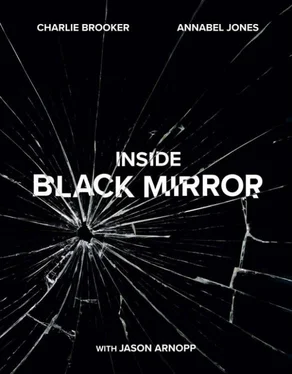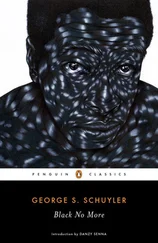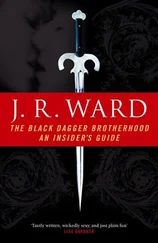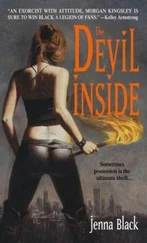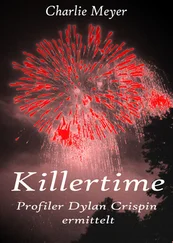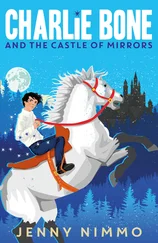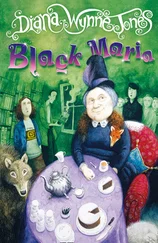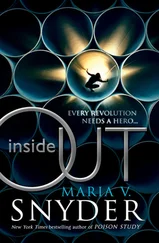Annabel Jones:I recall another ending where it pulls back to reveal that the bikes aren’t connected to anything. But you sort of think that anyway, as a viewer.
Charlie Brooker:It’s implied that they’re doing it to power something, to keep society running, but the idea was that it’s basically just powering the in-flight entertainment system!
Fifteen Million Merits was first broadcast on Channel 4 on 11 December 2011. This was the same night as the final of ITV’s The X Factor , the talent show with which it shared distinct parallels.
Charlie Brooker:That wasn’t stunt scheduling! Channel 4 didn’t realise that was going to happen, but I looked at the schedule and saw it was even scheduled at the same time. So I sent quite a worried email to Channel 4 and they moved it back by 40 minutes or something. We knew we’d lose viewers in a later slot, but that was the trade-off. Then quite cannily, Channel 4’s trailers literally said, “It’s on Channel 4, after The X Factor final.” They even advertised it within The X Factor on ITV!
Our Hot Shot show wasn’t meant to directly be The X Factor . Talent shows are not the same thing in our society as they are in that society, where they seem to be part of the state, so that you either sit in a cell or you go on that show. It’s incredibly reductive in that respect and it’s more about entertaining ourselves to death: the focus on trivia and having no control over it. This unrelenting focus on consuming and also consuming things that are utterly pointless. In that society everything was stripped back, so the only entertainment available to you was pretty much mindless. I always like to think it’s a sarcastic vision of the future. It’s more sarcastic than accurate.
Joel Collins:We were nominated for a BAFTA [for Best Production Design], which was brilliant, because it was understood to be as complicated as it was. People wondered how reflections of screens were really in Bing’s eyes, and of course the answer was that everything was real.
Konnie Huq:Shortly after we made Fifteen Million Merits , a weird coincidence happened when Charlie and I went on holiday to Australia. We went to a hotel on Kangaroo Island, where there was a huge glass-windowed wall overlooking a vast expanse of greenery exactly like in the closing sequence of Fifteen Million Merits . They even gave us each a freshly squeezed orange juice to drink as we looked out…
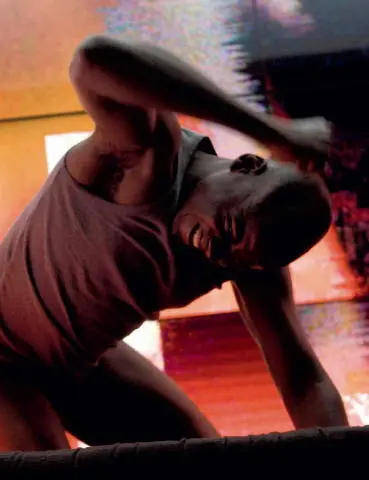
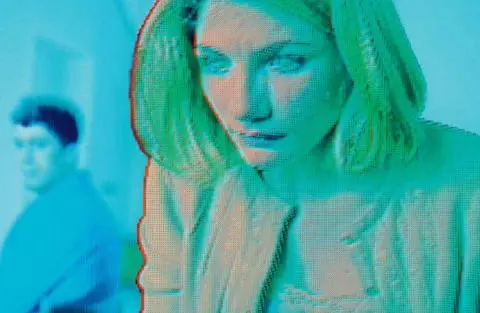
THE ENTIRE HISTORY OF YOU
In Conversation
Brian Welsh – director
Charlie Brooker – executive producer
Annabel Jones – executive producer
Jesse Armstrong – writer
Joel Collins – series production designer
Jodie Whittaker – actor
Barney Reisz – producer
Shaheen Baig – casting director
Young lawyer Liam becomes preoccupied by the idea that his wife Ffion slept with her friend Jonas, during a period when she and Liam were separated. As Liam interrogates Ffion, his suspicions become a dangerous obsession thanks to the Grain – a widespread technological device that allows the user to store and replay their audiovisual experiences.
Brian Welsh (director):On Day One of the shoot, I got a phone call from an old friend who was in floods of tears. She’d just found out, through Facebook, that her husband was cheating on her. So I could see there was something in what we were doing with this film.
Charlie Brooker:It had always been our intention to get someone else to write a script for Season One, because it seemed madness not to.
Annabel Jones:We were out talking to writers who we thought were like-minded. People who could be satirical and entertaining, but still have meat within their stories. Jesse Armstrong’s name was obviously going to be on that list.
Primarily a sitcom writer, Armstrong had co-created Channel 4’s POV-[point-of-view-] based Peep Show , as well as working on the likes of Four Lions (2010) and The Thick of It (2005–2012).
Jesse Armstrong (writer):I’d met Charlie a few times via various projects and meetings. At that stage, Black Mirror was quite a vague concept, because they hadn’t made the show yet! I keep a notebook and I did have one suitable idea in there, which I might never had done anything with, otherwise.
I’d been thinking about the exponential growth of the capacity of computers to store memory. As your iPhone got more and more powerful, soon you’d be able to keep a passive memory of everything that ever happened to you. So I started thinking about the importance of being able to remember things. But also, in relationships and elsewhere, the importance of being able to forget things. So that was the germ of the idea I pitched and they were receptive.
Annabel Jones:The concept of being able to replay what you’d seen was such a clear, engaging, brilliant idea, that it didn’t even require any explanation.
Jesse Armstrong:I had the idea of this really small memory chip that records everything for your convenience. I called it the Grain early on, because it was the size of a grain of rice. Joel Collins and his design guys realised it brilliantly in such a compelling way.
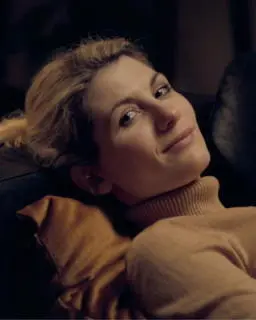
Joel Collins (series production designer):One of the key flavours was to give everything a texture. If you look at most shots, you’ll see stone, with wood, with metal, with organic material, to take everything away from science fiction. I wanted the Grain app to look as if your life was stored in the rings of a tree. As it grew, and you got older, your rings increased.
I found houses that were tonally unusual for Britain. The technology of The Entire History of You was slightly beyond our reach, so we set it in 2050. Then I made it feel like 1950, with a subtle mid-century feel in the clothes, the tone. By journeying backwards to bring it forwards, the audience always feels comfortable. The episode is extraordinarily organically designed, in order to make them feel really settled.
Charlie Brooker:With Black Mirror , it’s really useful to sit and ping-pong comedy ideas about. Especially with someone like Jesse who is a comedy writer, so quite quickly there was a funny conversation about all the ramifications of the Grain. We had a long conversation about copyright law: what happens when you go to the cinema? Do you just record a film while you watch it? We then had an idea I quite like, about people going to cinemas to have clandestine conversations or affairs, because the recording technology is automatically disabled on copyright grounds. So people go and have sex in cinemas, because then their other half won’t know.
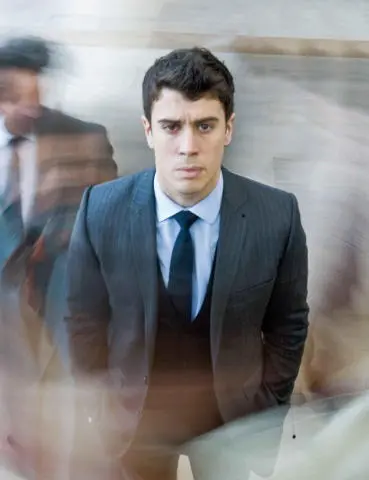
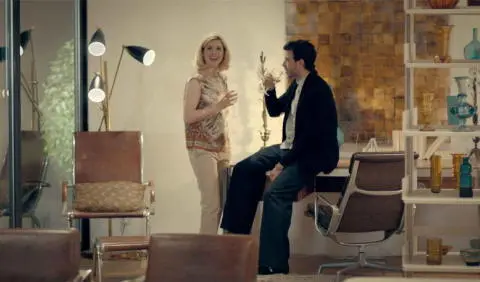
Jesse Armstrong:Charlie came up with all these baroque things, like how kids at school would get changed under white shrouds as a protection against paedophiles. He’s really good at thinking of spooky, weird corollaries, and then it was fun to put them all in. But it resulted in a sprawling, movie-length first draft.
Читать дальше
